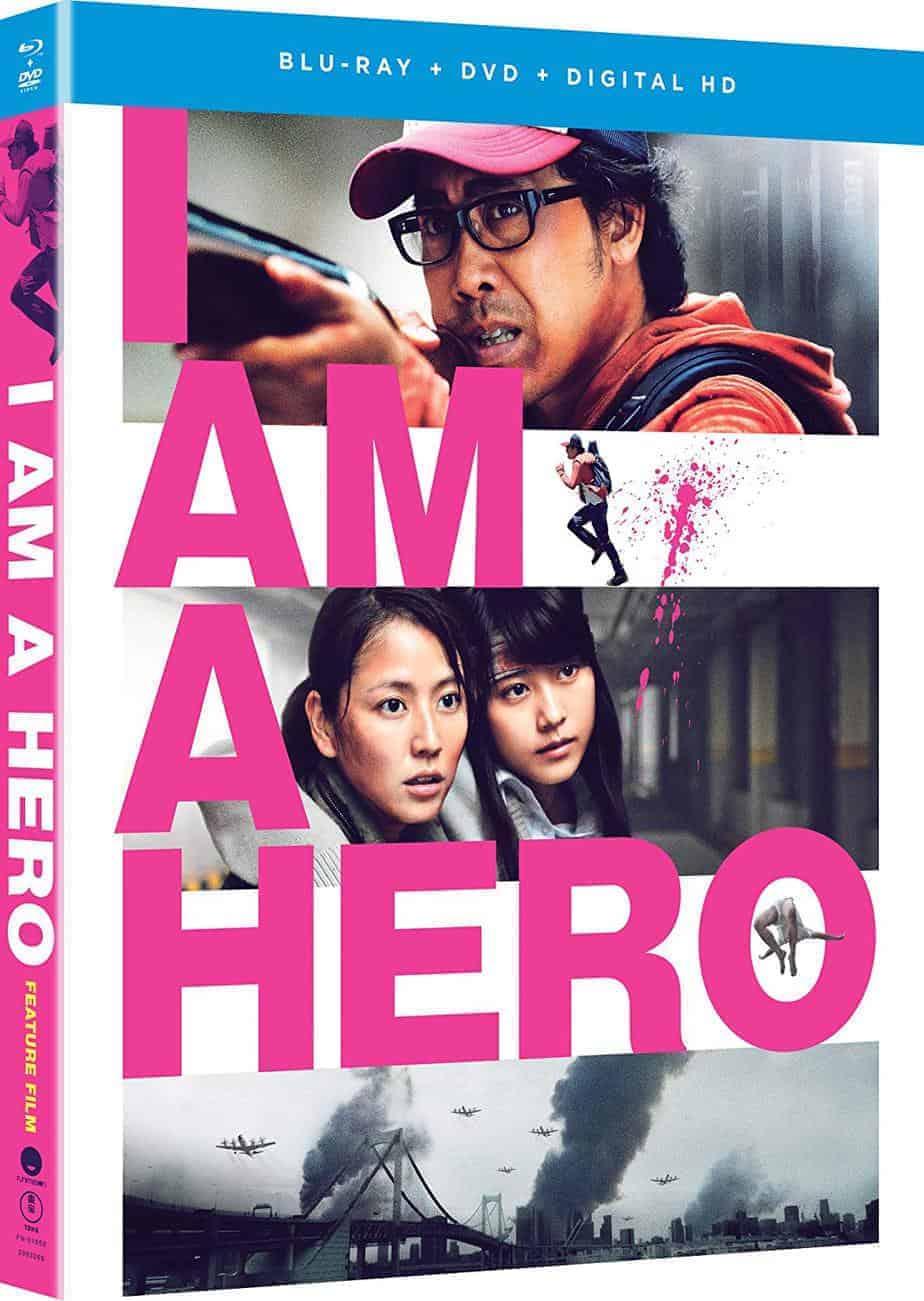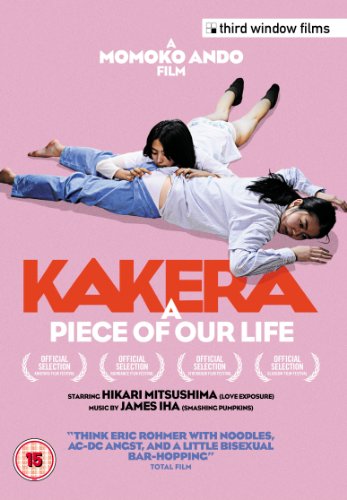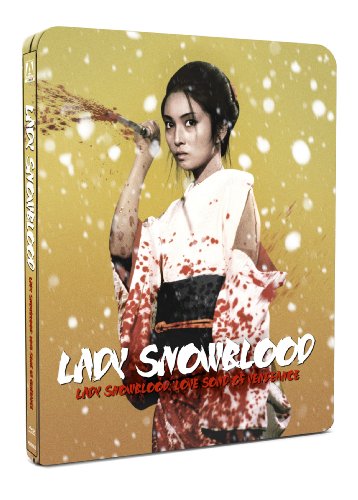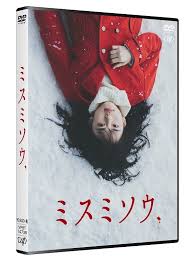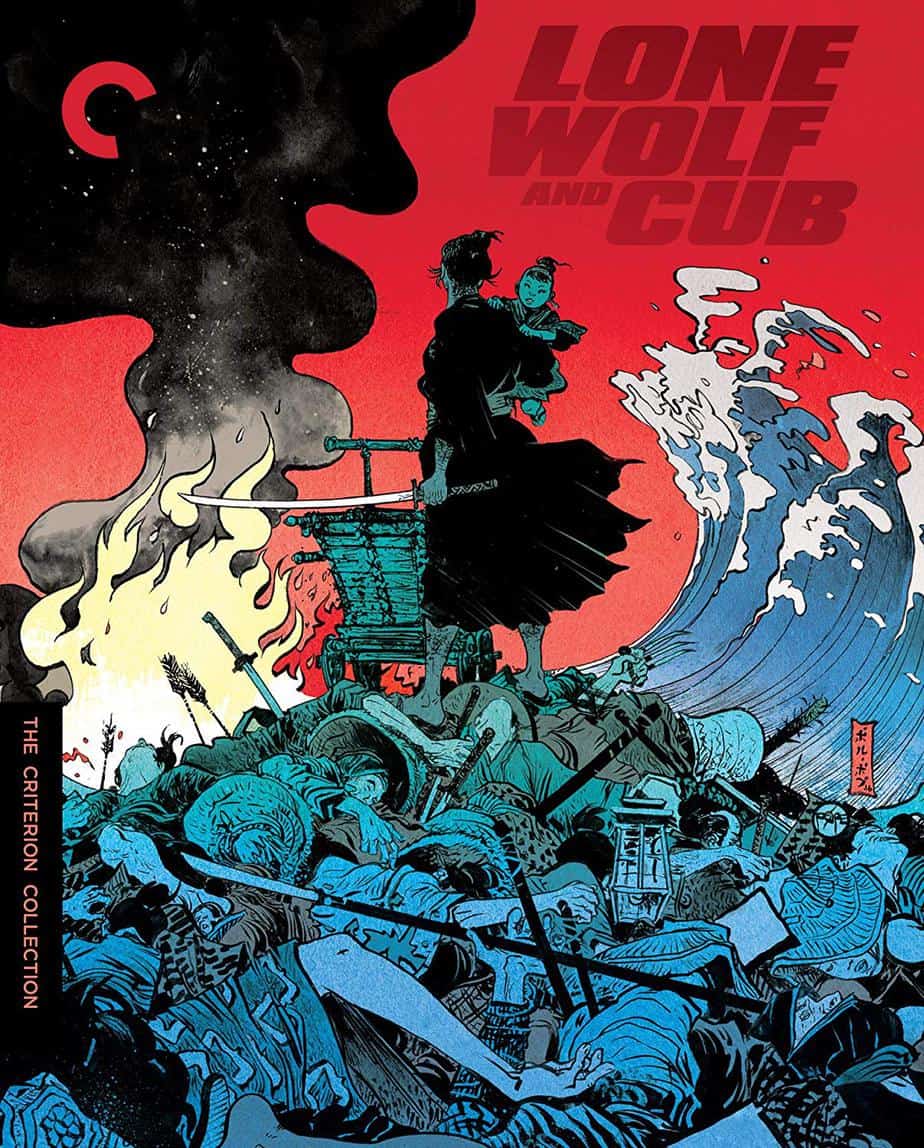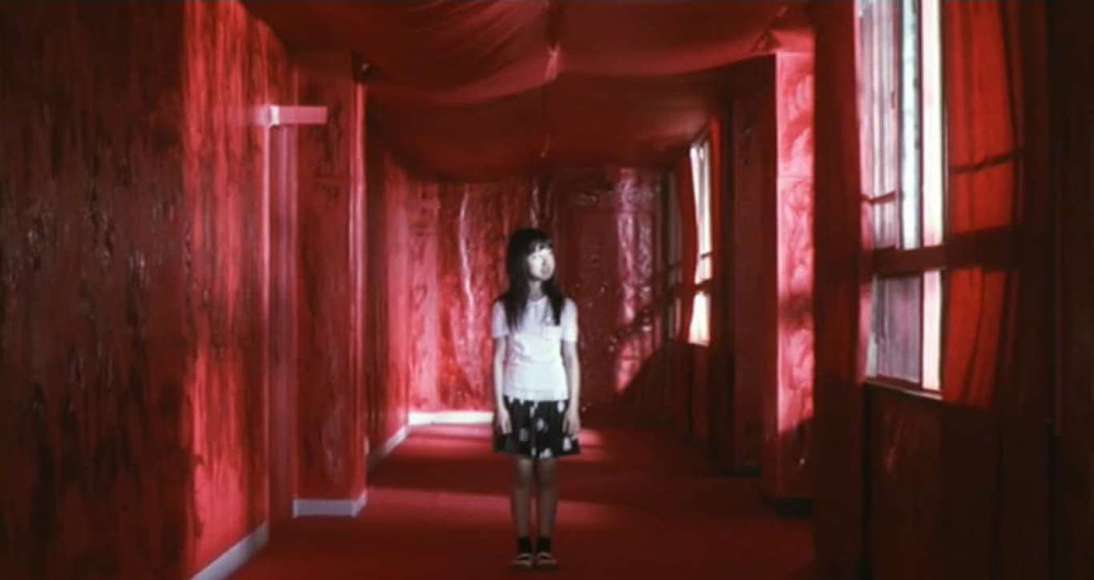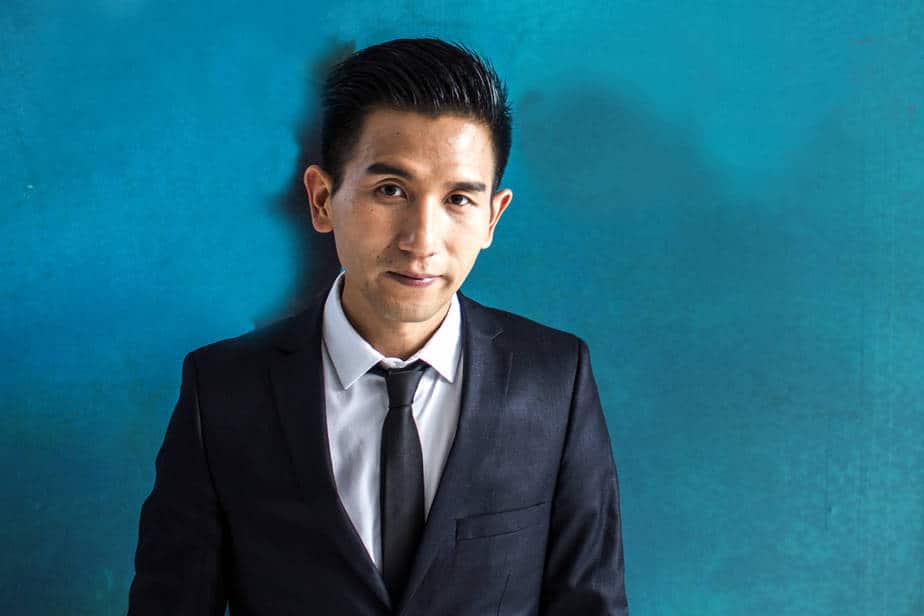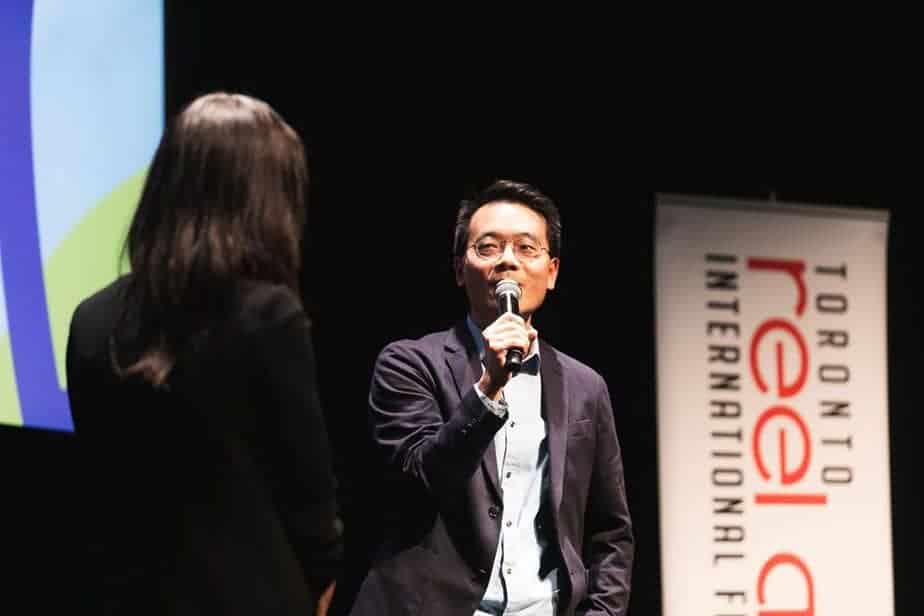21. Honey and Clover (Masahiro Takada, 2006)
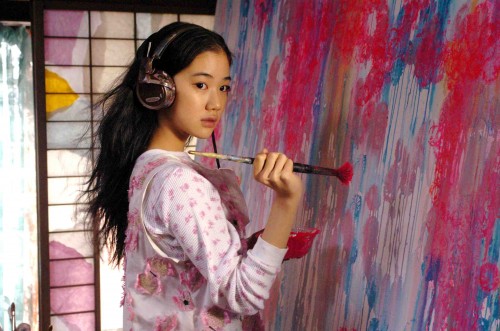
Based on the manga series by Chica Umino, “Honey and Clover” is a coming-of-age romantic comedy. Masahiro Takada stayed close to the general nature of the film, although some liberties were taken in terms of the character's presentation and their relationships. Nevertheless, the outcome is a competent film that benefits the most of the art depicted, as well as Aoi Yu.s performance as Hagumi. (Panos Kotzathanasis)
22. Hot Road (Takahiro Miki, 2014)
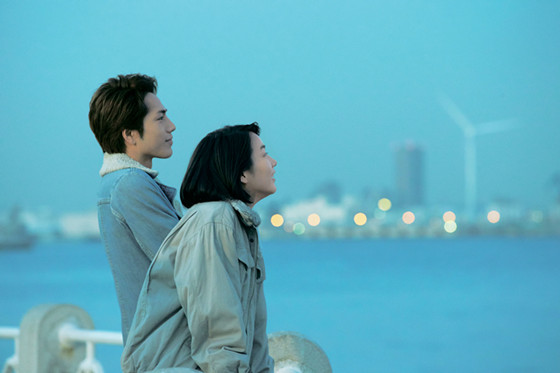
Based on a manga by Taku Tsumugi serialized in 1986 and 1987, “Hot Road” is an elaborate story about the sad, fierce, and yet beautiful love between two teenagers. Takahiro Miki directs a beautiful coming-of-age film about teenage love and delinquents that benefits the most from the protagonists' performances (Rena Nounen as Kazuki and Hiroomi Tosaka as Hiroshi), although it has a definite female approach. Another point of excellence is the magnificent cinematography, drawing from the seaside environment to portray astonishing shots of the city washed in every shade of white. The music also heightens the melancholy feeling that permeates the film. (Panos Kotzathanasis)
23. I Am A Hero (Shinsuke Sato, 2015)
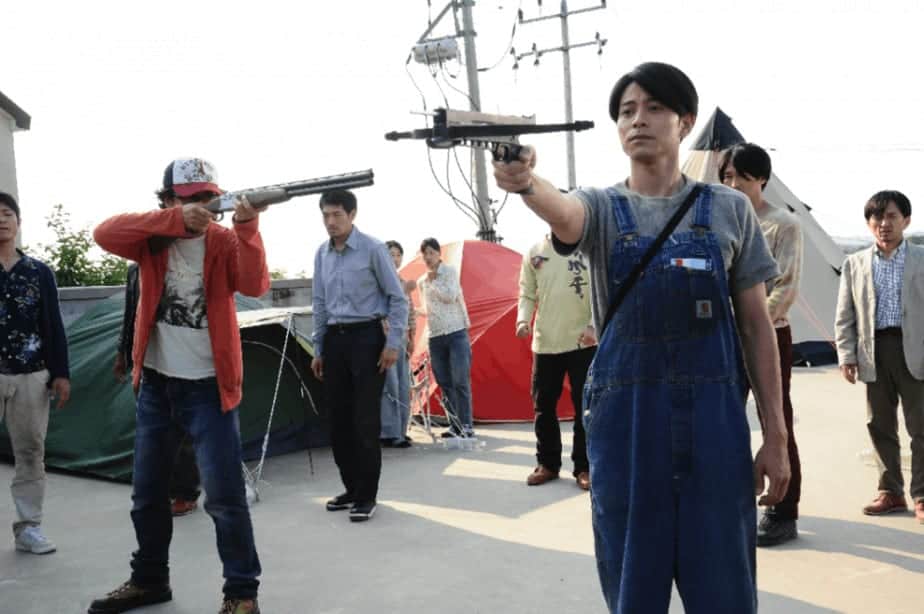
Taro Kawazu's job in the cinematography is excellent, with him presenting the many different settings with “realism” and artistry, while Tsuyoshi Imai's editing induces the movie with two different kinds of pace, slow in the first part and quite fast in the second, that suits both perfectly. “I Am a Hero” is one of the best anime/manga adaptations of the latest years, and a testament to Shinsuke Sato's prowess in the category. (Panos Kotzathanasis)
Buy This Title
24. Ichi the Killer (Takashi Miike, 2001)
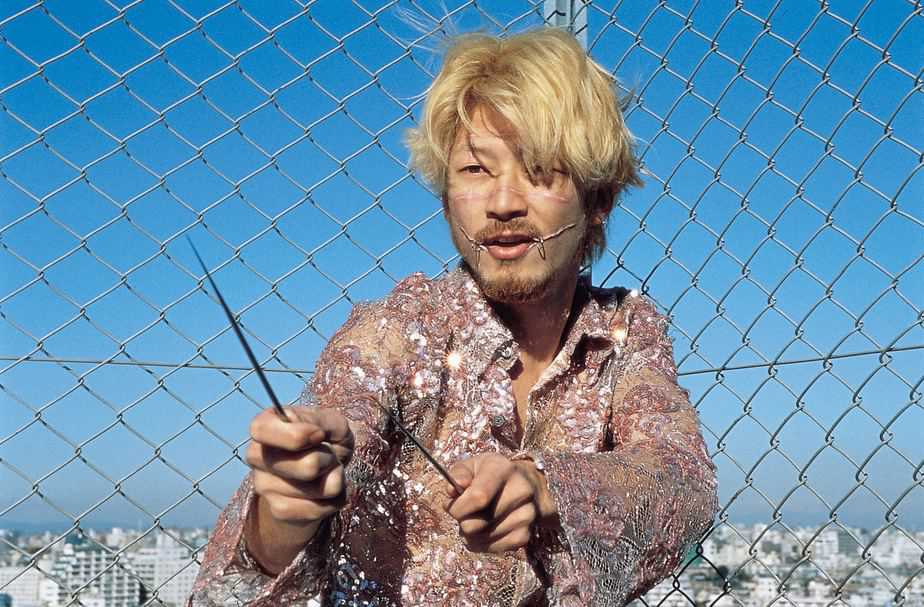
Takashi Miike has largely based his filmography on the exploration of humans' darkest instincts and the graphic depiction of violence resulting from them. “Ichi the Killer” is a characteristic sample of this tendency and one of the most violent films ever shot. As the story revolves around a psychotic, extremely brutal killer and a sadomasochistic Yakuza underboss, Miike presents a movie where good, as a concept, is absent and every character seems to be paranoid. His aim is evident from the beginning of the movie; as violence is not simply a factor, it is the sole and ultimate goal. (Panos Kotzathanasis)
Buy This Title
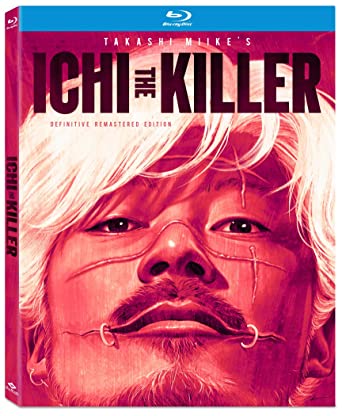
25. Inuyashiki (Shinsuke Sato, 2018)
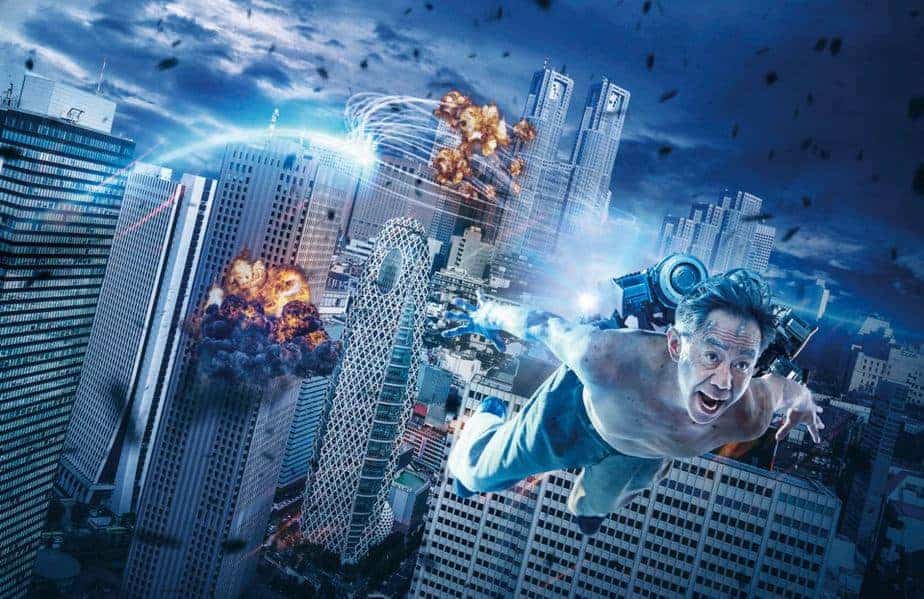
Shinsuke Sato is no stranger to bringing manga to life, after helming the entire “Gantz” live action films and this is very apparent with the ease of story telling he displays here. His direction of a Hiroshi Hashimoto penned screenplay is character focused, within a genre that is normally completely reliant on action. He makes you genuinely feel for his characters and the experiences they are taking part, which is accomplished film making at its best. These aren't things normally said about superhero movies, but Sato manages to tell an incredibly human story in one of the most vain and characterless genres in cinema. (Nathan Last)

26. Kakera: A Piece of Our Life (Momoko Ando, 2009)
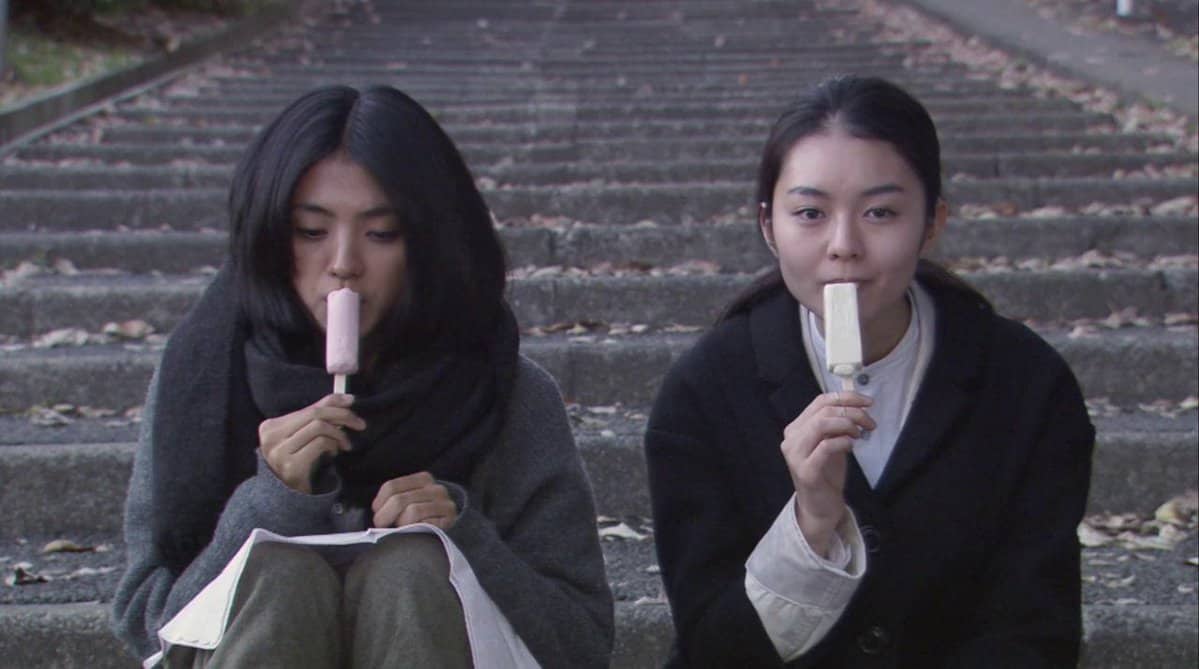
“Kakera: A Piece of Our Life” treads on the volatility of relationships and the emotional maelstrom one goes through especially at youth. It shows how the realization and assertion of sexual orientation and gender identity can be liberating for some, but not wholly, instantaneously freeing for others, especially when the person, on her own, is trapped in her own vortex of vulnerabilities. (Purple Romero)
Buy This Title
27. Lady Snowblood (Toshiya Fujita, 1973)
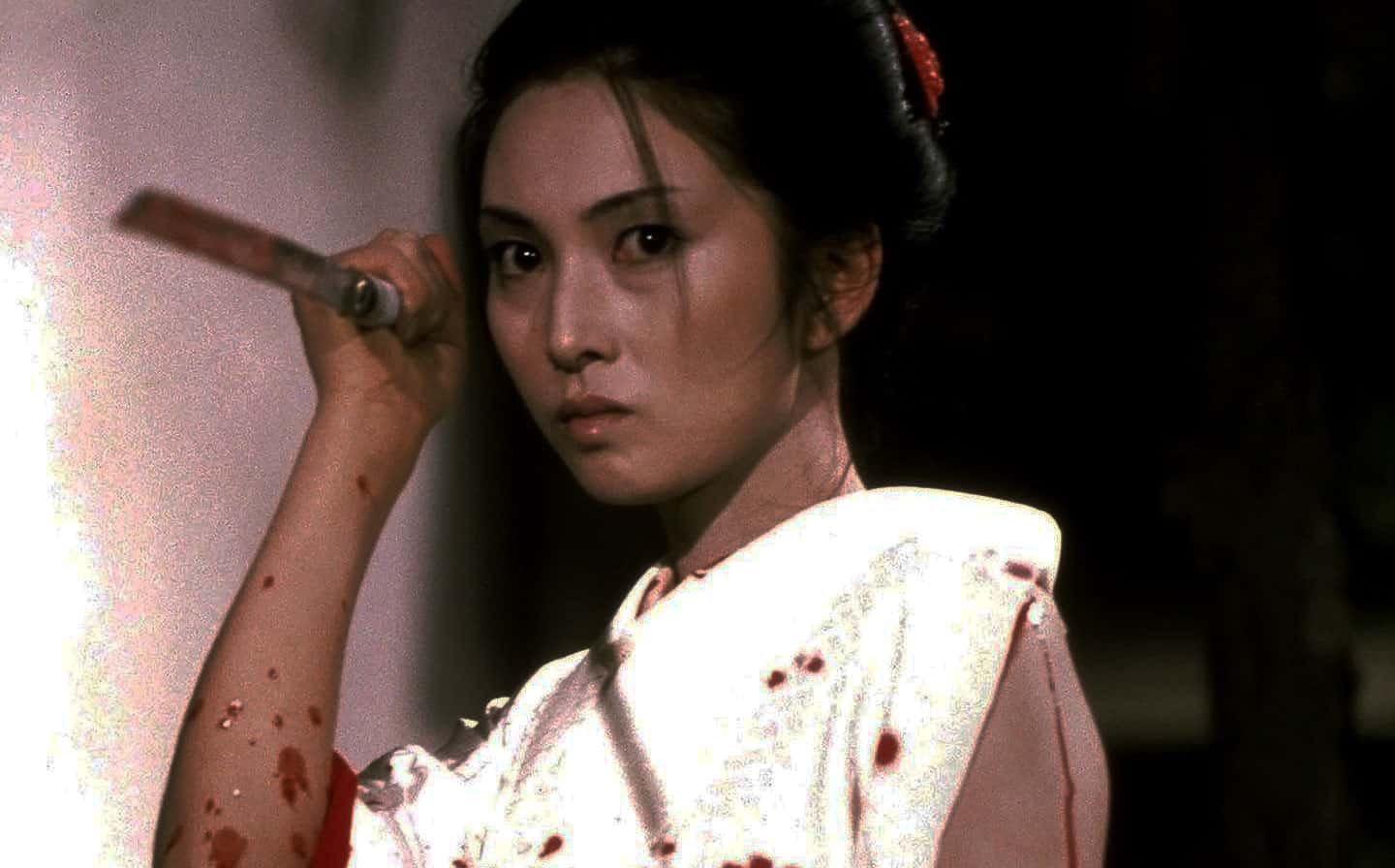
In the end, “Lady Snowblood” is a great example of the value within the exploitation genre, as a means to show an extreme and “heightened” view on a period and consequently pointing at its flaws and shortcomings. It is a feature which strongly depends on its magnificent lead actress whose performance rightfully deserves praise and is one of the main reasons this feature along with its sequel remain relevant. (Rouven Linnarz)
Buy This Title
28. Little Forest (Yim Soon-rye, 2018)

The main merits of this little gem of a movie are its light touch and measured tone. In times where food, cooking and eating are everywhere, “over-metaphorised”, blown up out of proportion and very often used as an easy way through audiences' hearts, it was a real surprise to see how careful and restrained the director and scriptwriter's take was, especially on a source material which is heavily based on recipes (the manga has a precise recipe for every chapter). The subtractive work really pays off here; the meal preparation is incorporated in a completely organic and unfussy way, keeping just its role of nourishment and maternal bond. (Adriana Rosati)

29. Liverleaf (Eisuke Naito, 2018)
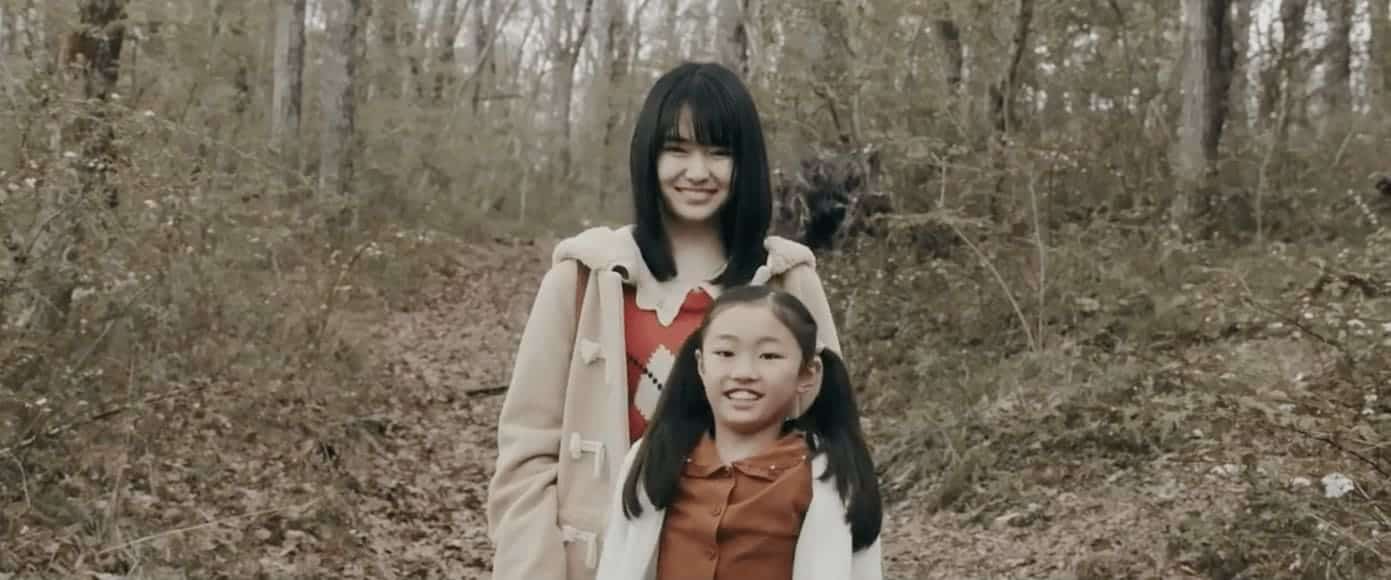
“Liverleaf” is a film that I am sure every teen will enjoy. But it does have enough going on outside of teen drama for the rest of us to appreciate, whether or not you are a manga fan. I think the moral of this story is not to ever let teens get their hands on sharp knives, and that teen angst is a force of nature that can turn deadly, fast. (Matt Ward)
Buy This Title
30. Lone Wolf and Cub (Kenji Misumi, Buichi Saito, Yoshiyuki Kuroda, 1972-1974)
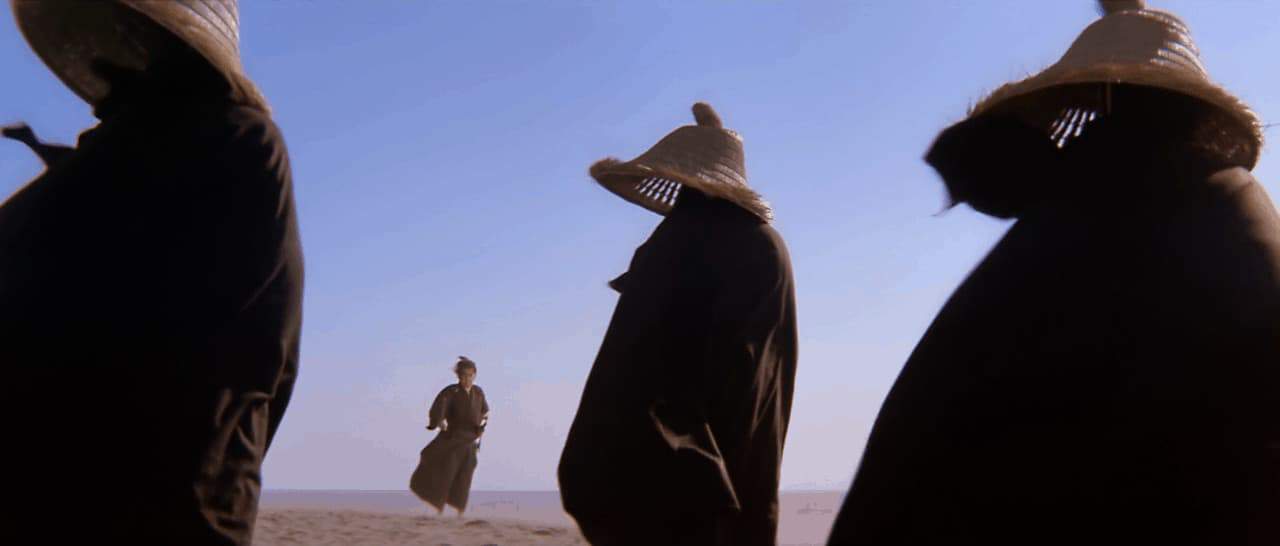
Based on the homonymous manga by Kazuo Koike and Goseki Kojima, “Lone Wolf and Cub” is probably the most renowned and most influential adaptation ever to appear onscreen, having spawned six films, four plays, and two television series. “Lone Wolf and Cub” is a truly magnificent franchise that benefited the most from Tomisaburo Wakayama's presence as the protagonist. Scenes like the one when Itto leaves his son to choose between the ball and the sword, as well as the duel in the rain, have left a permanent mark on world cinema, with the title considered utterly cult. (Panos Kotzathanasis)


